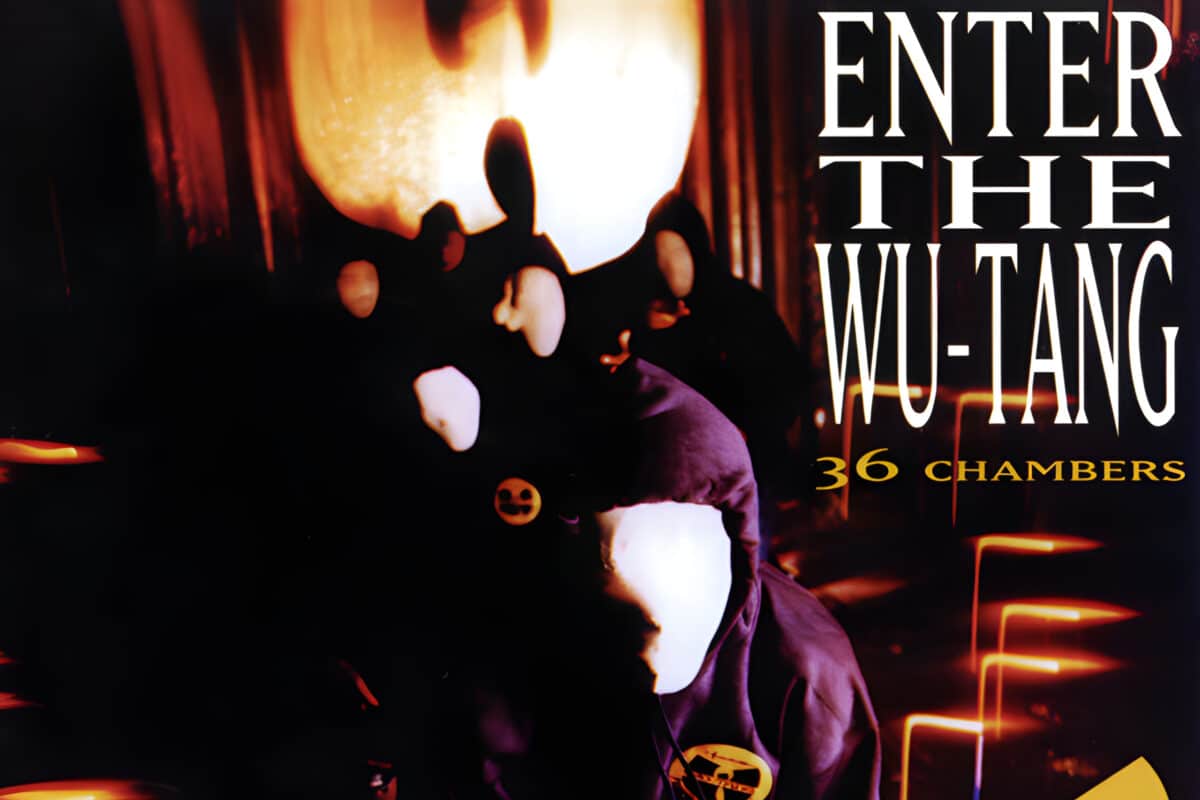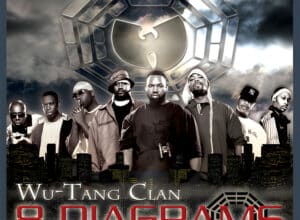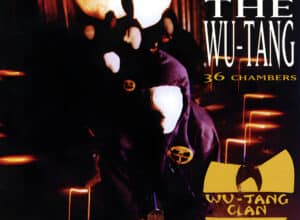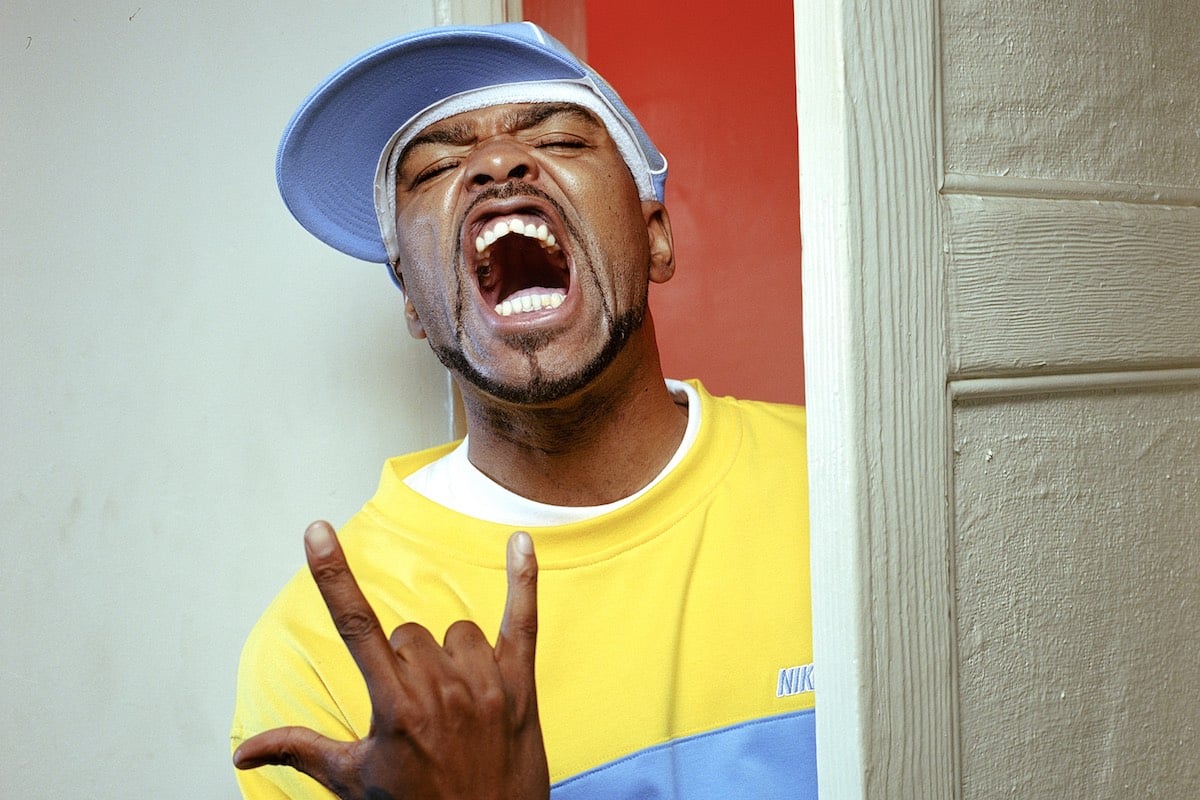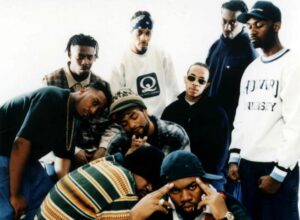Released: 1993
The song “Wu-Tang Clan Ain’t Nuthing ta F’ Wit” by the legendary hip-hop group Wu-Tang Clan serves as an aggressive anthem declaring their dominance and the power of their music and lyrical prowess. With bold, martial arts-inspired metaphors and braggadocious lyricism, the group sends a message of fearlessness and assertiveness to anyone who dares challenge them, underlining their cultural and musical impact.
The repeated hook, “Wu-Tang Clan ain’t nuthin’ ta fuck with,” immediately establishes the group’s aggressive, no-nonsense attitude. It serves as a warning to rivals, asserting that challenging the Wu-Tang Clan is an unwise decision. This repetition amplifies their image as formidable contenders in the hip-hop arena, who should not be underestimated.
As the verse kicks in with “Yo, there’s no place to hide as I step inside the room,” listeners are thrown into an atmosphere of intimidation and anticipation. The reference to “Dr. Doom,” a notorious villain from the Marvel Comics universe, underscores a threatening and imposing presence. The energy escalates with the clever wordplay, “Bam! Aw, man! I, slam, jam, now scream like Tarzan,” showcasing their ability to blend pop culture with intense lyrical delivery.
The lines “I’m causing more family feuds than Richard Dawson” highlight the impact and the divisive nature of the Wu-Tang’s artistry, comparing it to the well-known game show ‘Family Feud,’ hosted by Richard Dawson. The metaphor of the “Fatal Flying Guillotine,” a weaponized image borrowed from kung fu cinema, adds an element of danger and unpredictability to their musical approach.
In a powerful declaration, “Mister, who is that? Ayo, the Wu is back,” the group signals their resurgence and ongoing relevance. With references to “Super Cat,” a well-known reggae artist, they tap into a cross-cultural exchange, underlining their eclectic influences and reach.
When Rebel INS raps “Put the needle to the groove, I gets rude and I’m forced / To fuck it up,” it suggests an uncompromising attitude towards creating impactful music. The phrase “my style carries like a pick-up truck” alludes to the strength and heaviness of their delivery. With the line “sea to shining sea,” the Wu-Tang asserts their nationwide and even global influence.
The metaphor “I slam tracks like quarterback sacks from L.T.” references Lawrence Taylor, a legendary NFL player known for his fierce tackling. This line emphasizes the force and impact of their musical delivery. Rebel INS’s cleverness shines through with “‘Cause I bake the cake, then take the cake / And eat it, too,” indicating that not only do they succeed in making impactful music, but they also revel in their accomplishments.
Method Man’s contribution with “The Meth will come out tomorrow / Styles, conditions, bizarre, bizarro” plays with unpredictability and unique flow, emphasizing his distinctive place within the group. With references to “Rollo,” from the sitcom “Sanford and Son,” and “sleepy hollow,” Method Man employs clever pop culture nods to illustrate his creative edge and innovation.
RZA’s part infuses further mystique and sophistication into the track. “Check my flavor, coming from the RZA / Which is short for the razor,” not only highlights his prowess but nods to his alter ego, representing sharpness in both music production and lyrical style. This section paints a picture of invincibility with “I’m rubber, niggas is like glue / Whatever you say rubs off me sticks to you,” a boastful taunt asserting their untouchable nature.
In the final stretch, the track expands its focus beyond the group’s immediate environment, listing cities and regions that support Wu-Tang, illustrating their widespread influence. With shout-outs to Brooklyn, Queens, Virginia, and California, among others, they assert their status as a unifying force in hip-hop, bridging geographic and cultural gaps. Their salute to the “Zulu Nation” and “Gods and the Earths” further cements their ties to foundational hip-hop movements and philosophies.
“Wu-Tang Clan Ain’t Nuthing ta F’ Wit” not only emphasizes lyrical dominance but reflects the group’s commitment to cultural solidarity and recognition. It is both a musical showcase and a social statement, reverberating through its assertive verses and strategic name-drops, asserting Wu-Tang Clan’s place not only in hip-hop history but in the global cultural conversation. The repeated “Tiger style” evokes martial arts traditions, anchoring their influence in discipline and power, and sealing their legendary status.
